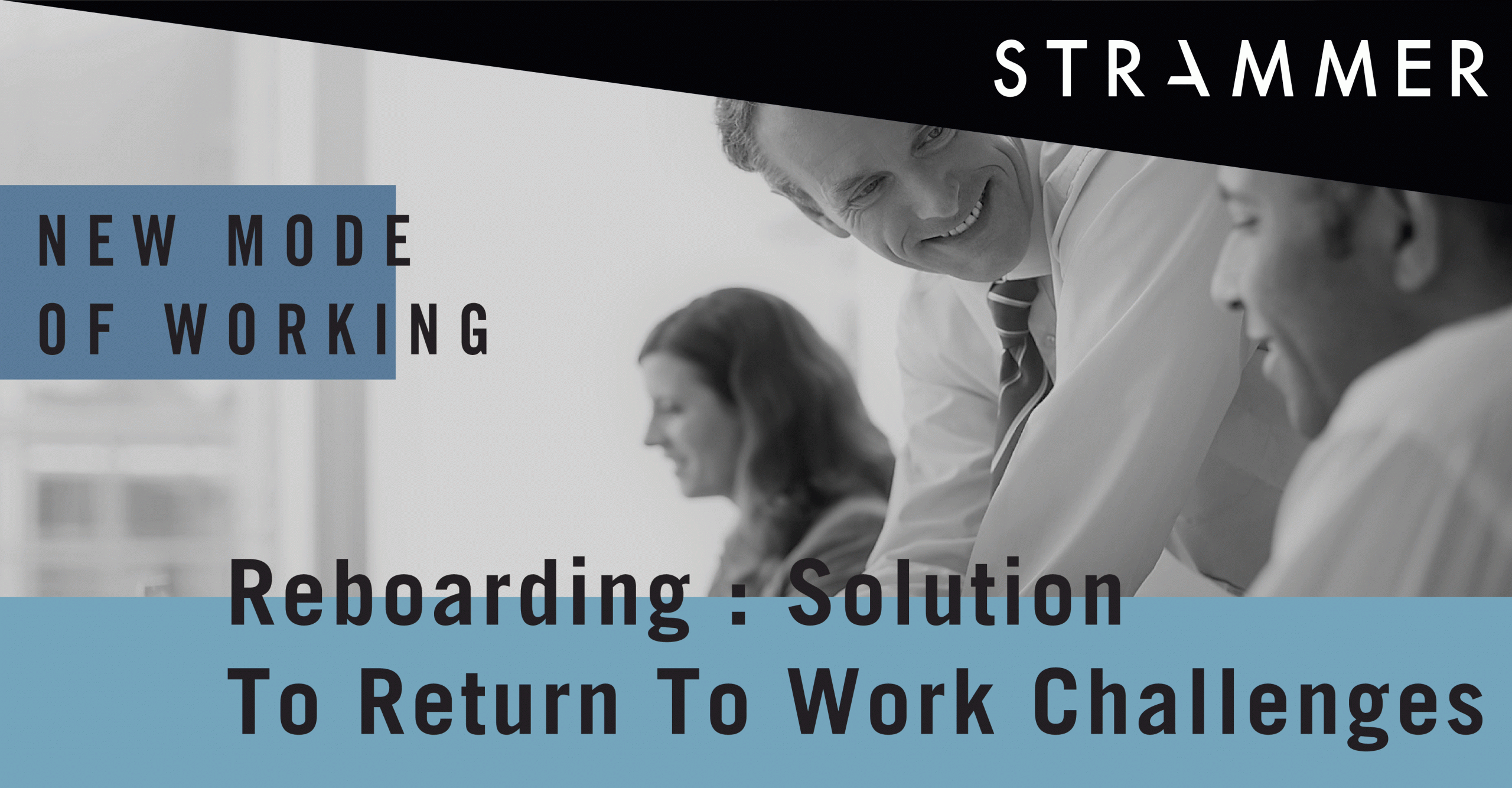Reboarding Process After The Coronavirus Crisis
The Coronavirus crisis has created several changes which have tested the efficacy of previous crisis management, communication and other plans that have an overall effect on the teams’ resilience in adopting new working models, especially in uncertain contexts. One of the main concerns is remote working, which has proven to impact employee experience, and is directly linked to containment and recovery. This is not a new phenomenon, as even before the Coronavirus, teleworking has been progressively increasing due to several circumstances such as technological advancements, convenience, or circumstantial situations such as the French strikes in the winter of 2020. Additionally, employees prefer it as it cuts down transportation costs and time, excess break time due to less stress, improves freedom and communication amongst other factors.
The implementation of remote work and adequate measures to ensure business continuity by companies during this difficult time have caused several concerns in the work-force. ¹⁄³ of employees judge these measures as insufficient or unsuitable. Further research showed a significant decline in employee satisfaction in remote conditions due to additional factors such as miscommunication from managers therefore leaving employees feeling anxious, isolated and uncertain about the future of their work and society, increased distractions, blurred lines between personal and professional life, lack of motivation, screen fatigue, difficulties in getting used to the new mode of work, etc.
Managers also faced a similar predicament, although less adverse. 46 % are apprehensive of not knowing how to motivate and retain employees remotely, and how to motivate them to return to the site. 24% express similar emotions due to not knowing how to train, integrate and accompany new employees. Other reasons include failure to regain team balance and protecting important data from security breaches.
Indeed, with all these factors into play from employees and managers, it is imperative to come up with a solution to ensure an effective “reboarding” process after the quarantine. Navigating Through The Reboarding Process ensures that companies are prepared to go back to work after a significant amount of time and that they feel safe, enthusiastic, and ready to work. But then, how should a company initiate this and support employees and managers through this challenging situation?
The first step is to ensure that both managers and employees are trained on how to work remotely and has the necessary equipment and know-how. In addition, rotating between face-to-face and remote work could improve motivation and incorporate the human aspect to working that employees lack during remote work. A combined effort of both these methods will improve the workforce’s confidence in navigating through the reboarding process. HRs will be responsible for improved efforts of integration of new recruits and providing emotional support to employees. They must also consistently reinforce the distinction between personal and professional life to prevent burnouts.
Although these changes are necessary to initiate “reboarding” practices, managers and employees express dissatisfaction over not being able to distinguish between temporary changes fit for post-Covid-19 and those sustainable as part of a general increase in remote work in the nearer future. These differ from company to company, therefore understanding one’s team is fundamental to adapt the measures taken by the company and comply with their expectations. With the use of surveys, questionnaires, and collaboration of all teams, companies can be certain to go through this difficult time and be prepared for going back to work.
References :
- Baromètre de l’Expérience Collaborateur : Leçons et enjeux du retour au travail, June 2020, HeyTeam.





